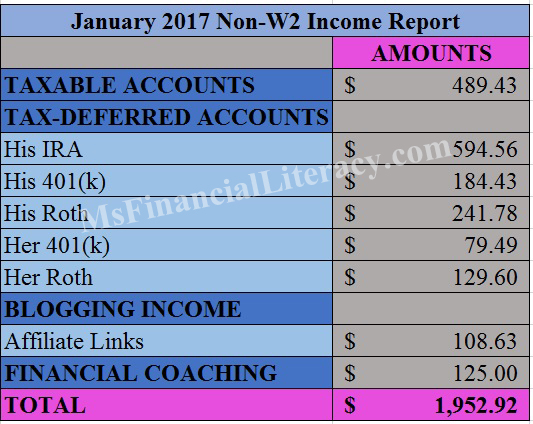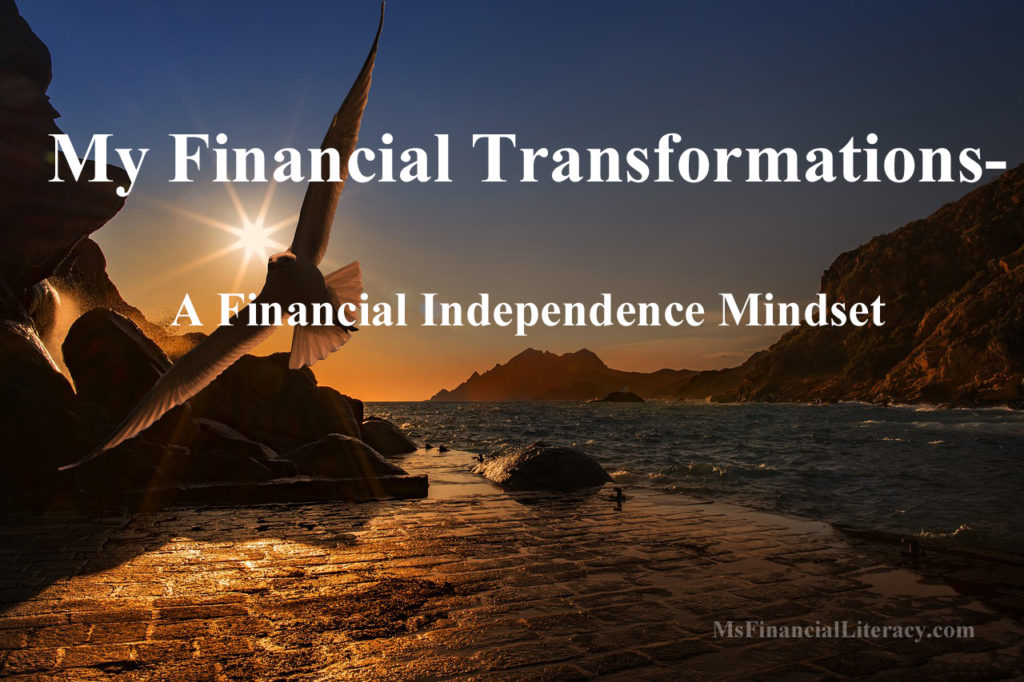For years, my husband and I didn’t know how much money we would need to retire (you can read about our financial journey in an earlier article I wrote by clicking here). We had our guesses, with numbers anywhere between $3 million to $5 million dollars. Our logic was that by the time we’re ready to retire, our primary residence home would worth $1 million dollars (all in equity). We would also have $2 million or so dollars invested in the stock market and the dividends and interest yields from these investments would be enough to cover our annual expenses.
In that article, I also mentioned about having learned about the financial independence movement in the middle of 2016. Since then, my husband and I’ve decided that we would reach financial independence once our net worth meets 33X our annual expenses. However, in that article, I didn’t mention how we came up with the number, 33 or why we chose this particular number.

In this article, I’m sharing with you the 4% safe withdrawal rule (SWR) and what this number means for my family’s situation. In the past several months, I’ve read many written documents on the 4% SWR (some of them were more technical than others). It took me a while to understand the different strategies behind this financial planning tool. Feel free to ask me questions on the comment section below and I’ll try my best to respond and/or refer you to further readings.
The Origin of the 4% Safe Withdrawal Rule
After you’ve spent years saving toward retirement, how do you know how much money you can safely withdraw annually so that you will not outlive your money?




